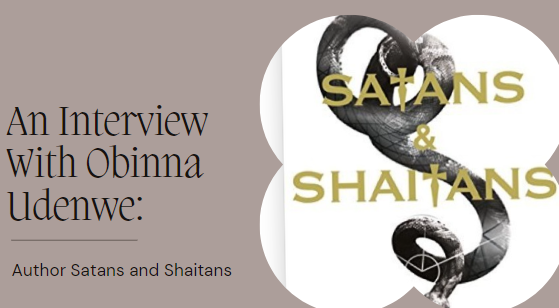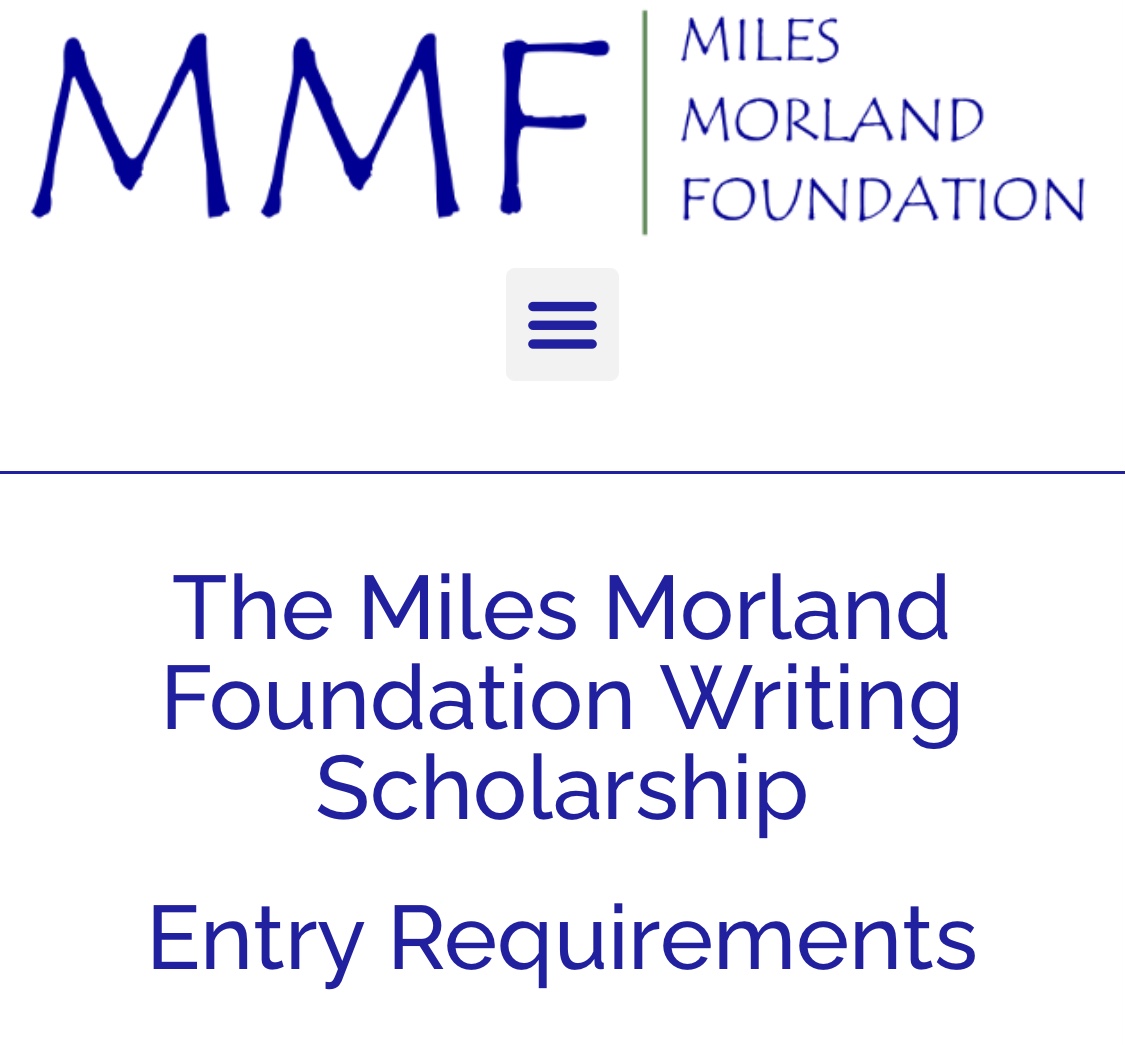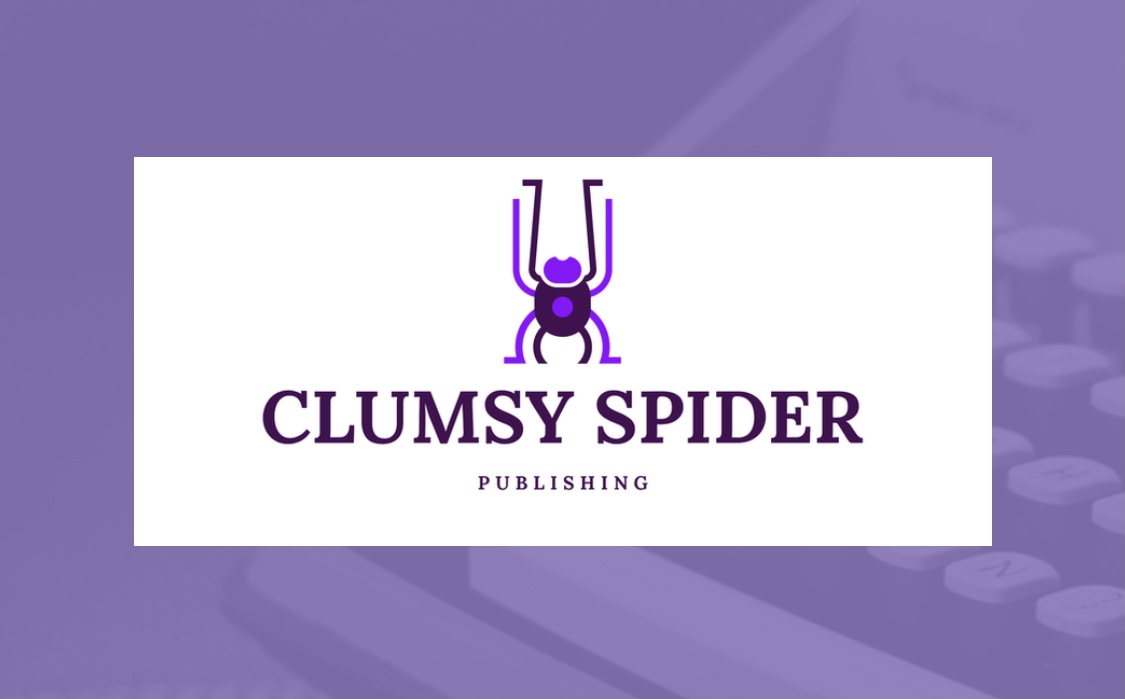An Interview With Obinna Udenwe: Author Satans and Shaitans
So Satans and Shaitans tells a story of an international multi-faith occult group called the Sacred Order of the Universal Forces, whose members in Nigeria established a terrorist organization called the Jama’atul al-Mujahideen Jihad – with the general objective of Islamizing northern Nigeria and controlling the Nigerian political space. It is a strong story rooted in Christianity and Islam, and most of the happenings in Nigeria today happened in the novel. That is my fear, it makes me afraid, like I am a prophet and my prophesies are coming true.”
– Obinna Udenwe, author of Satans and Shaitans.
One of my favourite Nigerian writers, Obinna Udenwe, has a new novel coming out in the second quarter of 2014.
I met Obinna Udenwe in the 2011 edition of Fidelity Bank’s creative writing workshop. Obinna is a talented author and one you need to know. His stories are a delight to the senses. Good thing Obinna Udenwe has granted me an interview. I hope you enjoy reading.
Read: 5 Benefits of Writing Internships
In this interview, Obinna discusses his new novel, Satans and Shaitans which will be published by Jacaranda Books in the United Kingdom.
- Obinna Udenwe, You spent seven whole years researching and working on this novel, Satans and Shaitans. How were you able to sustain your interest in the work, and not lose steam?
I think it was because the story passed through a lot of evolutionary processes (laughs). It metamorphosed from just a romance novel to a crime fiction – so throughout this time that the story was being changed from a romance novel, to a novel about the occult to that of conspiracy and terrorism, it was enticing, it was interesting. The story got out of my control.
In 2007 it was a story about love, and then in 2010 it was about the occult, and the next thing I knew, it metamorphosed into a conspiracy theory. There was a time I stayed close to a year without working on it at all. I think it was in 2011, so each time I read the story after a long wait, and after research, it was as if I was reading a new work – so that made it adventurous and delighting, but daunting too.
- Satans and Shaitans is a very interesting title, and boasts of controversial themes. You say it’s a love story and a story about Muslim and Christian cultists. How do you expect your audience to view this novel?
First, I wanted to obliterate a stereotype that only Muslims support terrorism. I have always believed that Christianity is one of the religions that have caused troubles in this world, as much as Islam, if not more.
The only difference is that Christianity is becoming more modern, more liberal, even though some might disagree with this – so for me, it was to tell a story that will implicate Christians, Muslims and pagans alike in a conspiracy to commit terrorism. You see, I am from a political family, and mostly I witness a lot of arguments from my dad and his friends, all politicians, and they argue about terrorism in Nigeria, so I am conscious of the Nigerian political state including the trouble in Nigeria now – terrorism.
So I have this strong belief that a lot of Christians fund and support terrorism directly and indirectly, perhaps for their selfish gains, be it a quest and thirst for power, fame or wealth. Chioma, my audience are going to view the book, Satans and Shaitans in different lights, and I can’t say for them. Some people are going to criticise me a lot, especially staunch Christians and Catholics, but Muslims will love it, except extreme ones – but that is not my concern or business. Readers have the right to feel the way they like about a work and I think the writer has little time in his hands to begin to be concerned about how the audience views his work.
- How many books have you published, and how are they different from Satans and Shaitans?
I self published a book titled ‘The Dancing Bird’ a couple of years ago. It is an epic novel. I am working towards revising and publishing it traditionally. ‘Satans and Shaitans’ is contemporary. That is the difference.
- How did you get the story ideas explored in this novel? How did you arrive at the story for Satans and Shaitans?
Remember we met at the Fidelity Bank workshop – back then, the story was still about love and occult, then one day during the workshop I was passing by and overheard one of the participants talking with Helon Habila about the book he was working on – it was a romance novel, and Helon told him that no matter how it might sound, romance was mainly for women – I think he was joking or something, but I overheard him and I told myself that my novel was not going to be purely based on love, that was 2011 and that year I didn’t work much on the novel, I don’t think I worked on it at all.
I began to research on terrorism, but before then I had been reading a lot on Islam because I intended to work on a book that differentiates jihad from terrorism – so it was then that I turned the novel into one that explores conspiracy theory, even though the plotline has a love story but that is about 30 percent, it is more of conspiracy theory than it is about love.
So Satans and Shaitans tells a story of an international multi-faith occult group called the Sacred Order of the Universal Forces, whose members in Nigeria established a terrorist organization called the Jama’atul al-Mujahideen Jihad – with the general objective of Islamizing northern Nigeria and controlling the Nigerian political space. It is a strong story rooted in Christianity and Islam, and most of the happenings in Nigeria today happened in the novel. That is my fear, it makes me afraid, like I am a prophet and my prophesies are coming true. (Laughs)
- How did you go about finding a publisher for Satans and Shaitans?
I would say it was the book, who found a publisher for itself.
- I know creators aren’t supposed to have favourites, but I am tempted to ask: Is Satans and Shaitans the most favourite of all your titles? Why?
Yes, Satans and Shaitans is a lovely story, a story I never get tired of reading. But ‘The Dancing Bird’ tends to be the one that I might want to revise all the time. I am more in love with The Dancing Bird than with any other work I have written thus far. But readers are going to love Satans and Shaitans more than every other one.
Even more than The Dancing Bird. It is like Achebe’s works. Achebe once said he was more in love with The Arrow of God than with any other of his works, but we love ‘Things Fall Apart’ more. So that is how it is. Why? Because The Dancing Bird is epic, it is a story about my people. It is a story that was passed on from the family line, my mother told me the story so I had to write it – it is a story set in pre-colonial times.
- Every writer has stories of struggles and challenges. Tell us about your greatest struggle as a writer.
I have forgotten how to write with pen and paper. Give me pen and paper and no idea will come to my head. So I write with my computer or with my phone. And my greatest challenge is power failure. Where I live right now we have not had light for like seven months so I have to depend on the power-lister in the evenings. It means that I cannot write till evenings between 6pm to 10pm, unless I am in the office. It is a pity.
That is my greatest challenge as a writer. The struggles to get publishers, agents, get your short stories and novels accepted for publications is not a challenge for me – I don’t see those as challenges, I see them as evolutionary, a crucial phase every writer must pass through.
- What does writing fiction do for you? Why do you enjoy reading and writing fiction, instead of poetry or plays? What are the most memorable works of fiction you’ve ever read (name up to five)? What are the most memorable work of fiction you’ve read in the past 18 months (name up to five)?
Haaa! Chioma, five? For me, fiction is turning nothing into something. Like Iquo Diana Eke once said about poetry, it is the process of becoming – for me fiction is the process of making something that was just an imaginary idea turn into realism.
You create characters and events and make them come to life. Which is an amazing thing. Something drama cannot become unless it is performed on stage, something poetry cannot become unless it is given interpretation.
So writing fiction gives me a sense of fulfilment, of satisfaction. So my lists of favourable fictions are The Sorrows of Satan by Maria Corelli, On Black Sisters Street by Chika Unigwe, The Family by Mario Puzo, The Lost Symbol by Dan Brown, and Measuring Time by Helon Habila.
You said I should limit it to five. So in the past 18 months my most memorable work of fiction are The God of Small Things, Donald Baltheme’s ‘The Bodyguard’ in fact all Baltheme’s that I have read recently, Allah is Not Obliged, The Diary of a Dead African by Chuma Nwokolo – it is a wonderful book, and people don’t know that, The Catcher in the Rye by J. D Salinger.
Thank you Obinna Udenwe for your time. We look forward to reading Satans and Shitans.
Obinna Udenwe has published several short stories in literary journals and anthologies such as Kalahari Review, Fiction 365, Tribes write magazine, Dreams at Dawn anthology and others.





